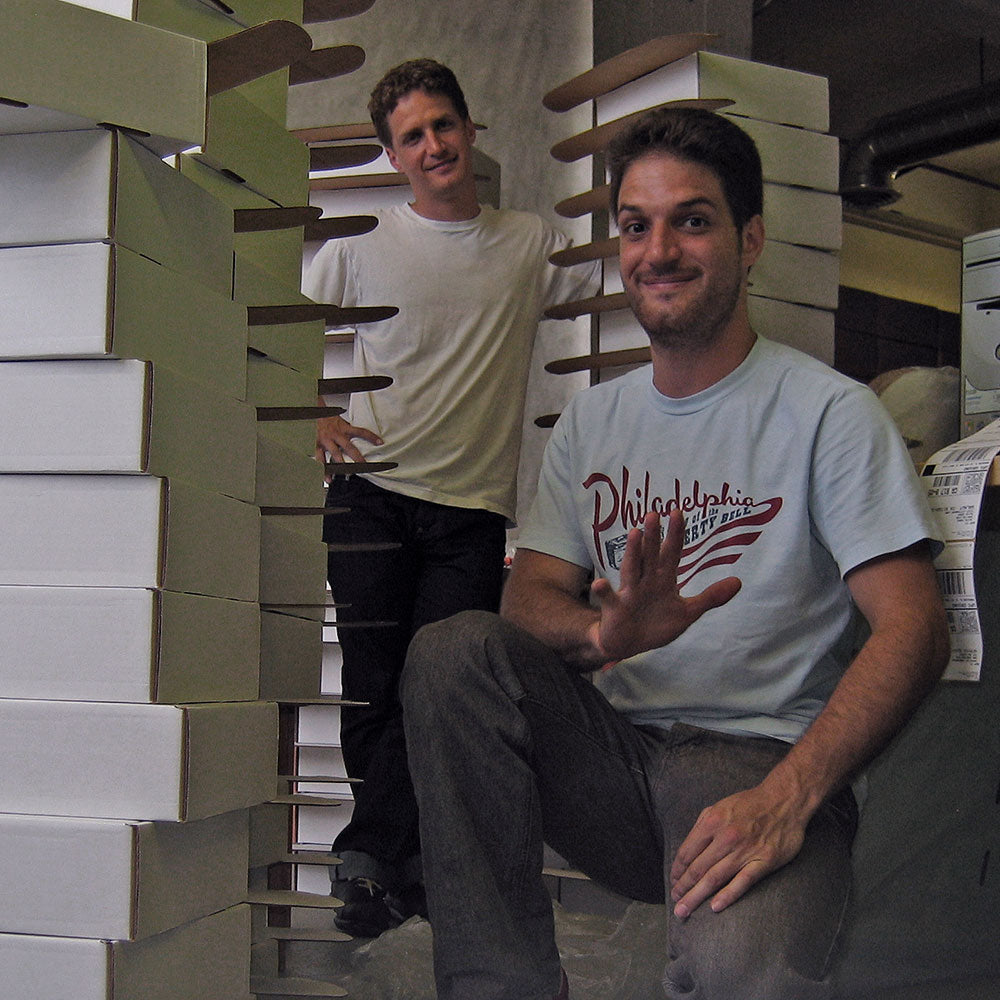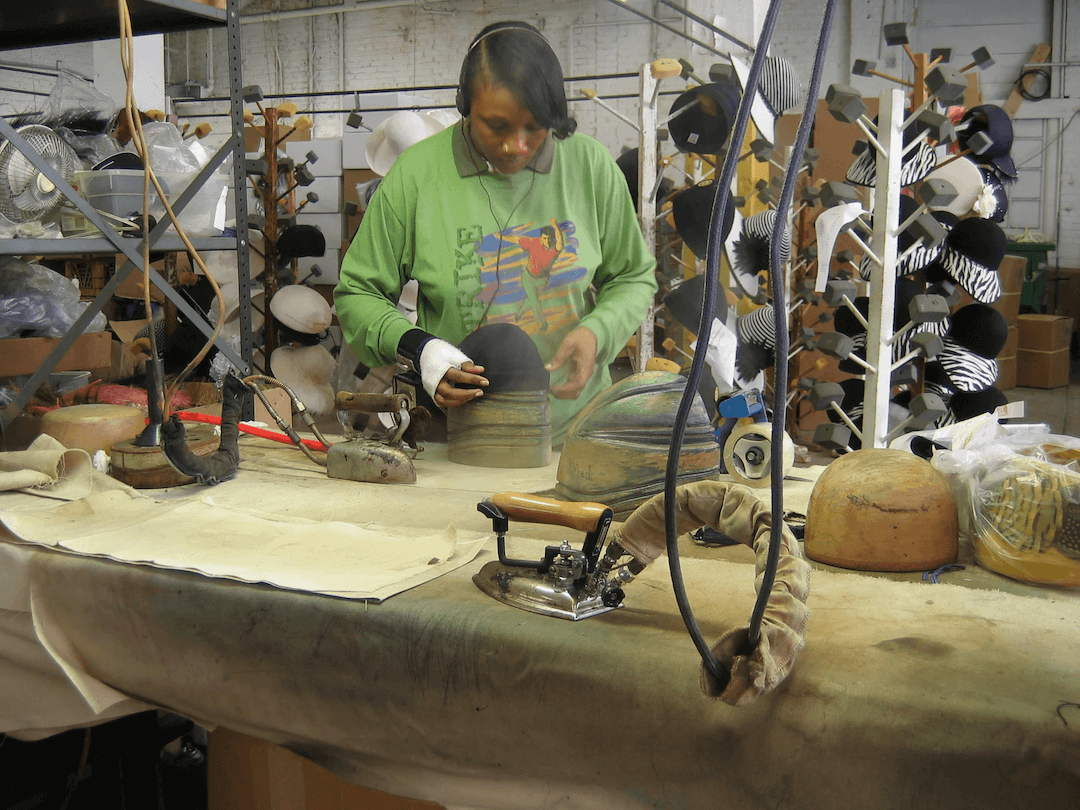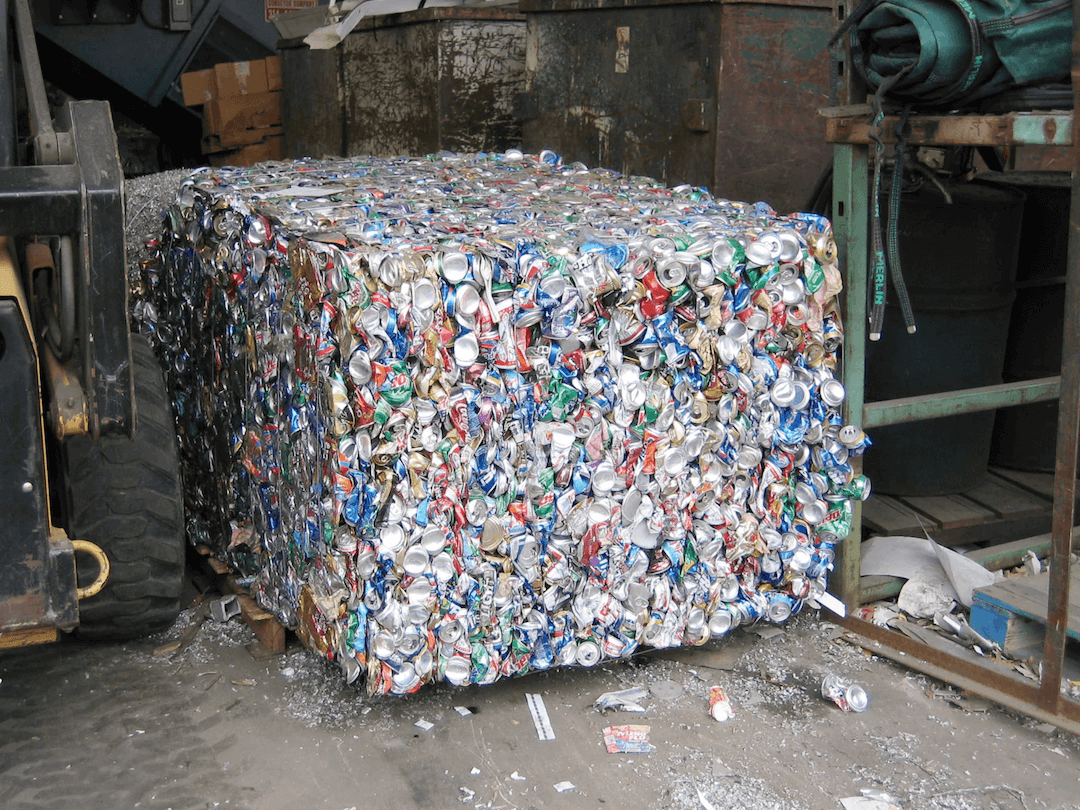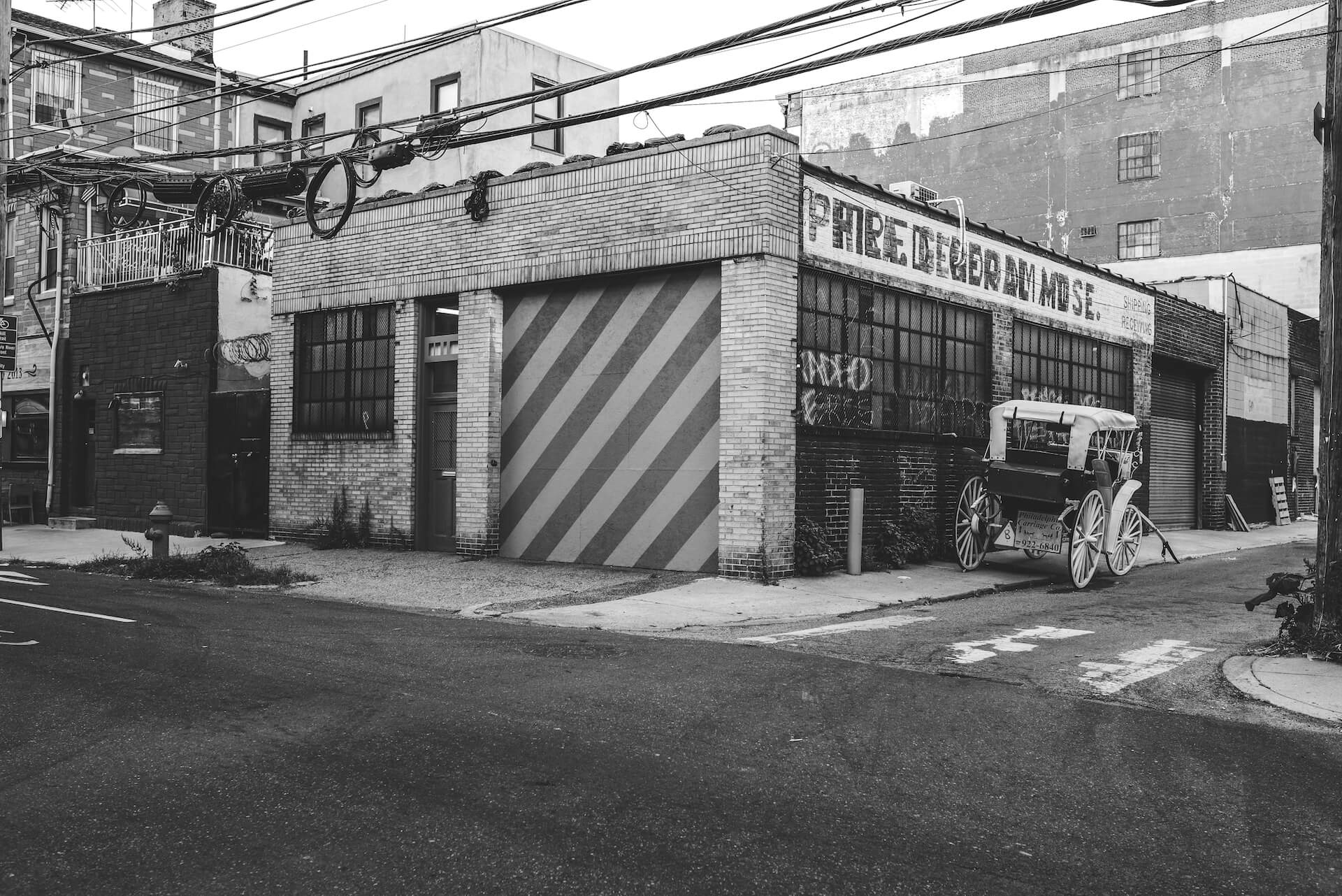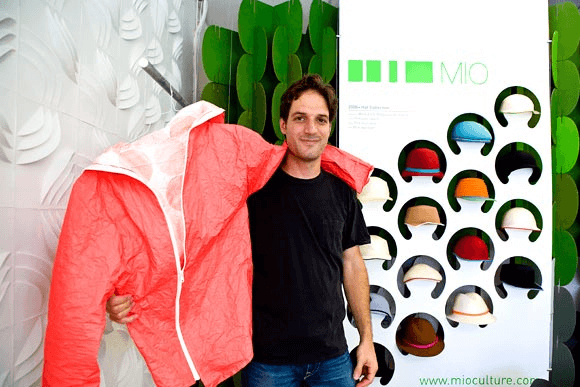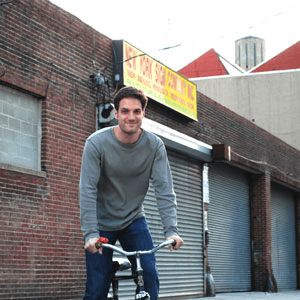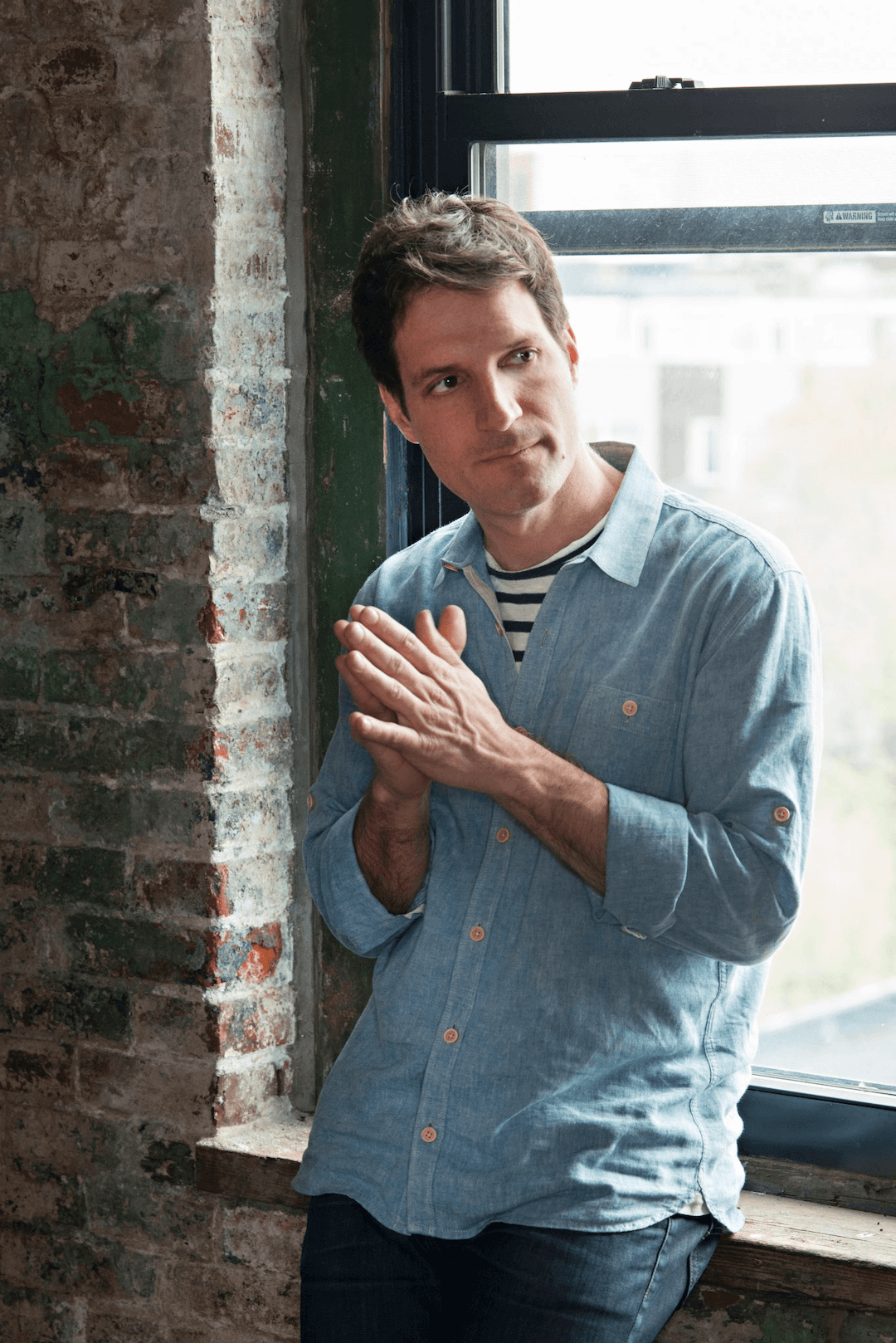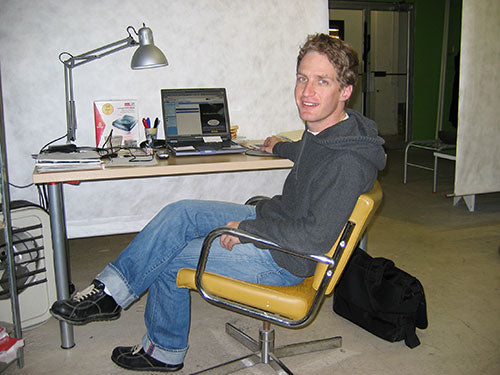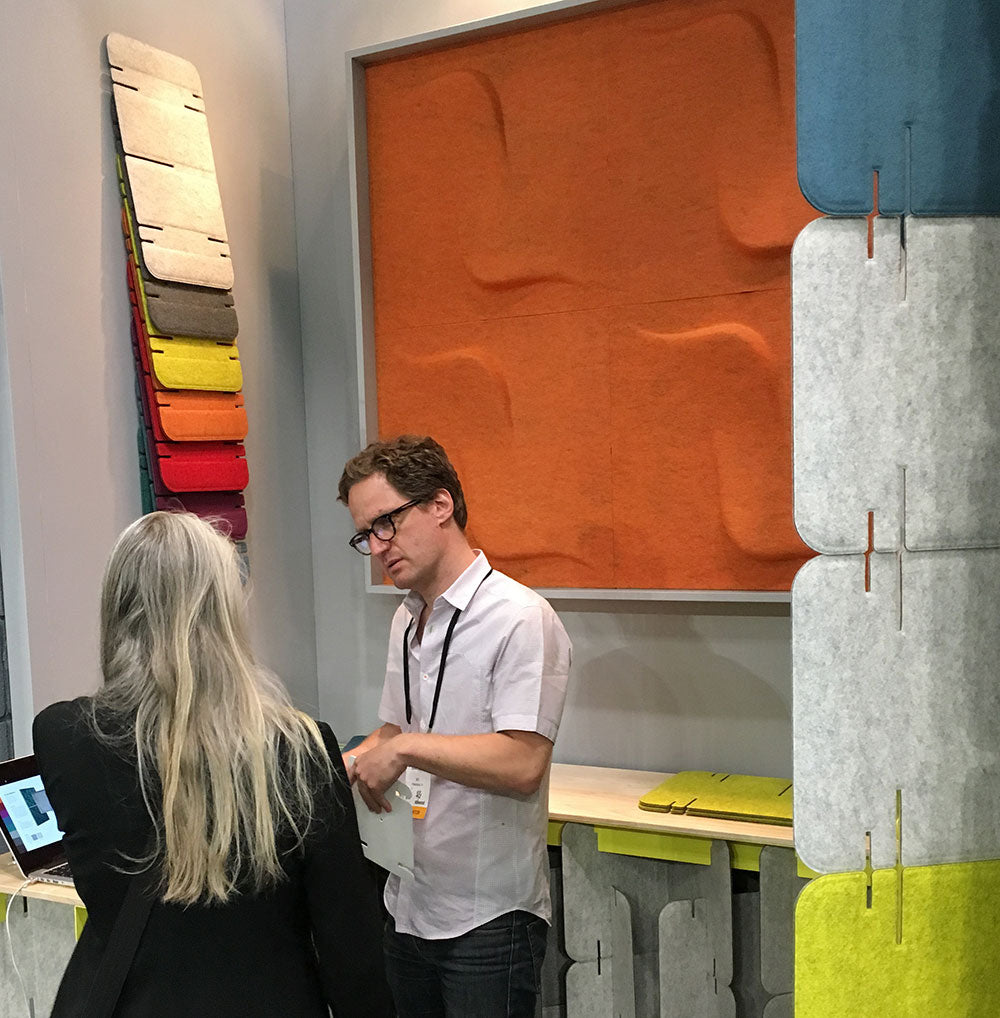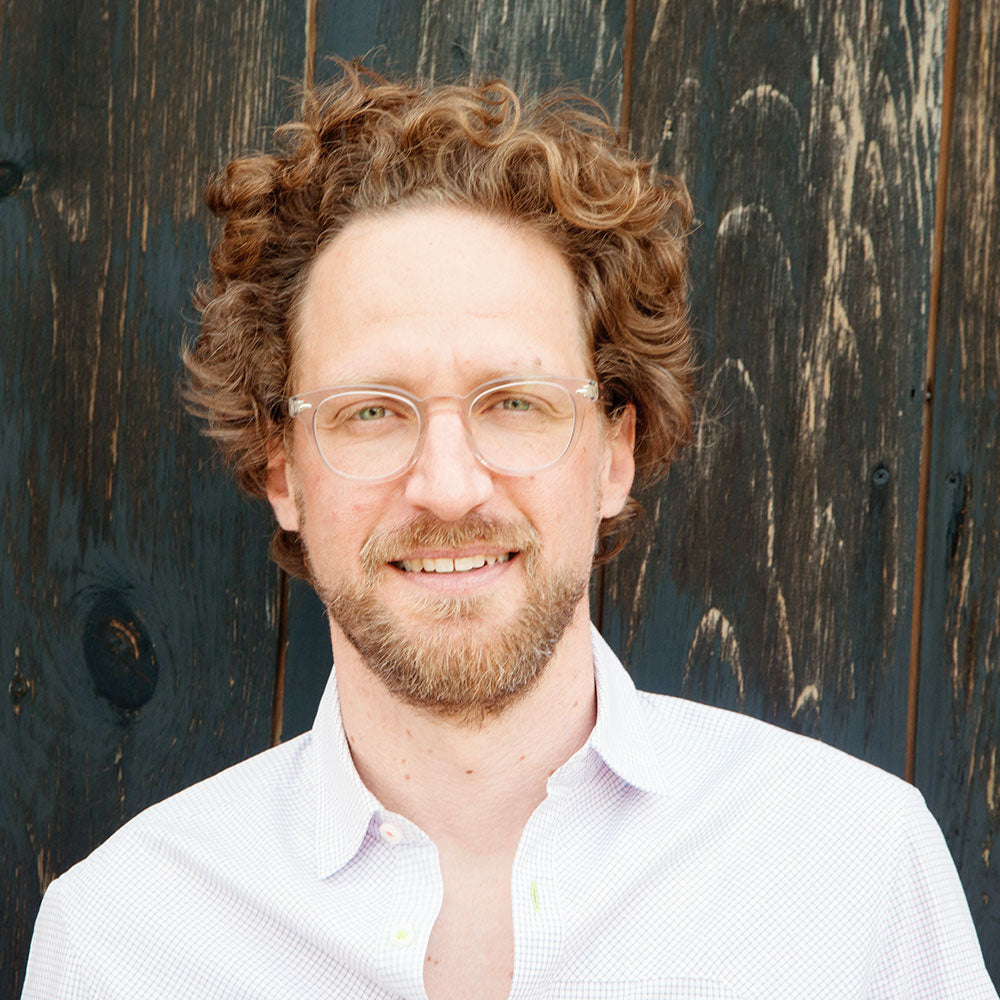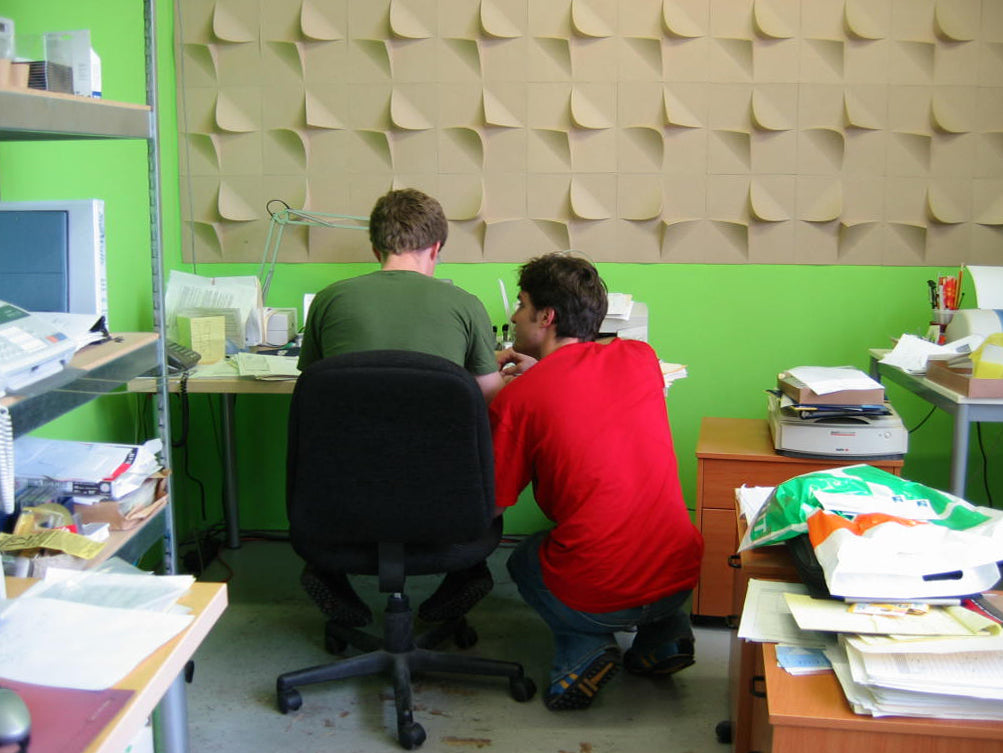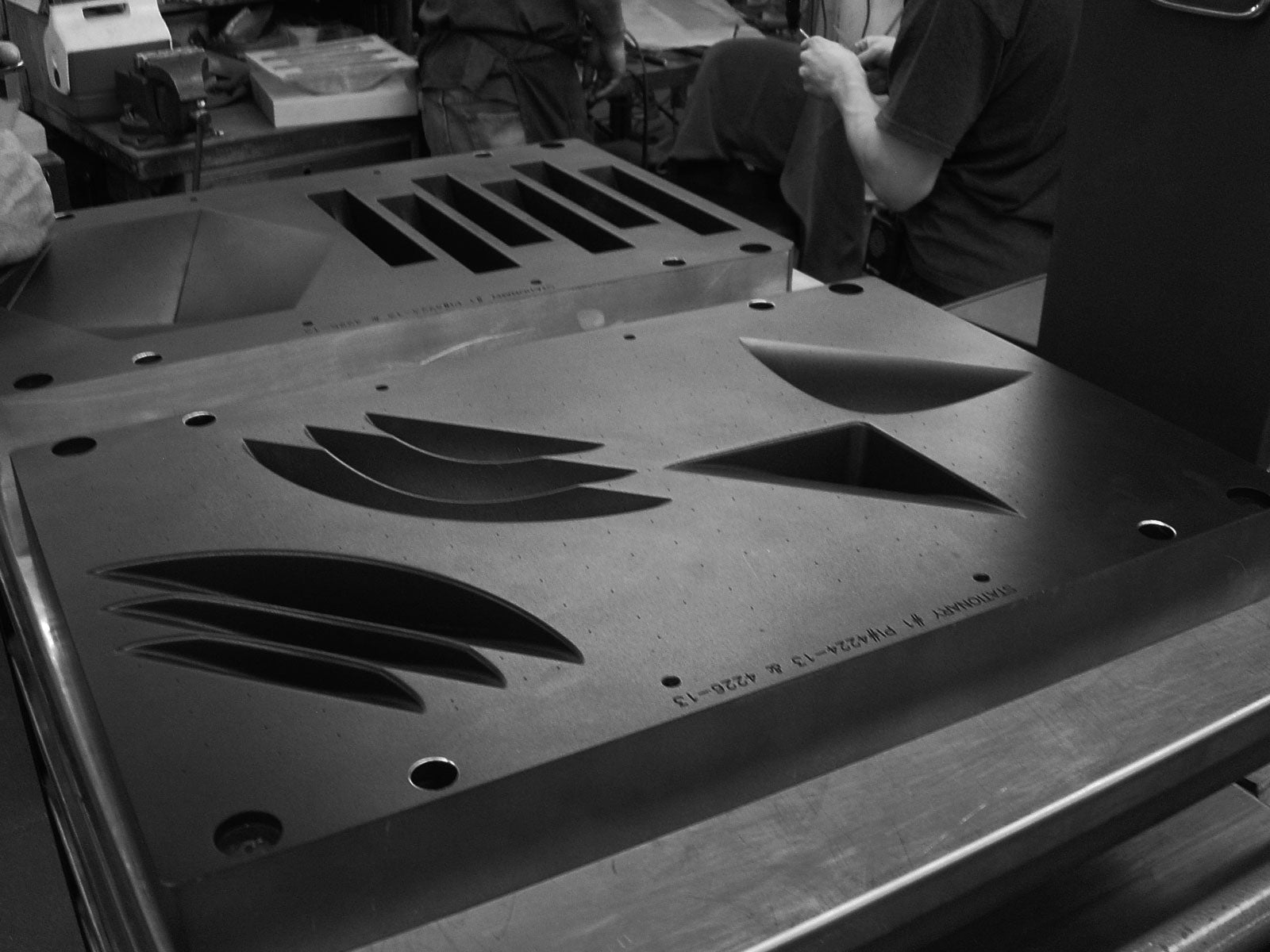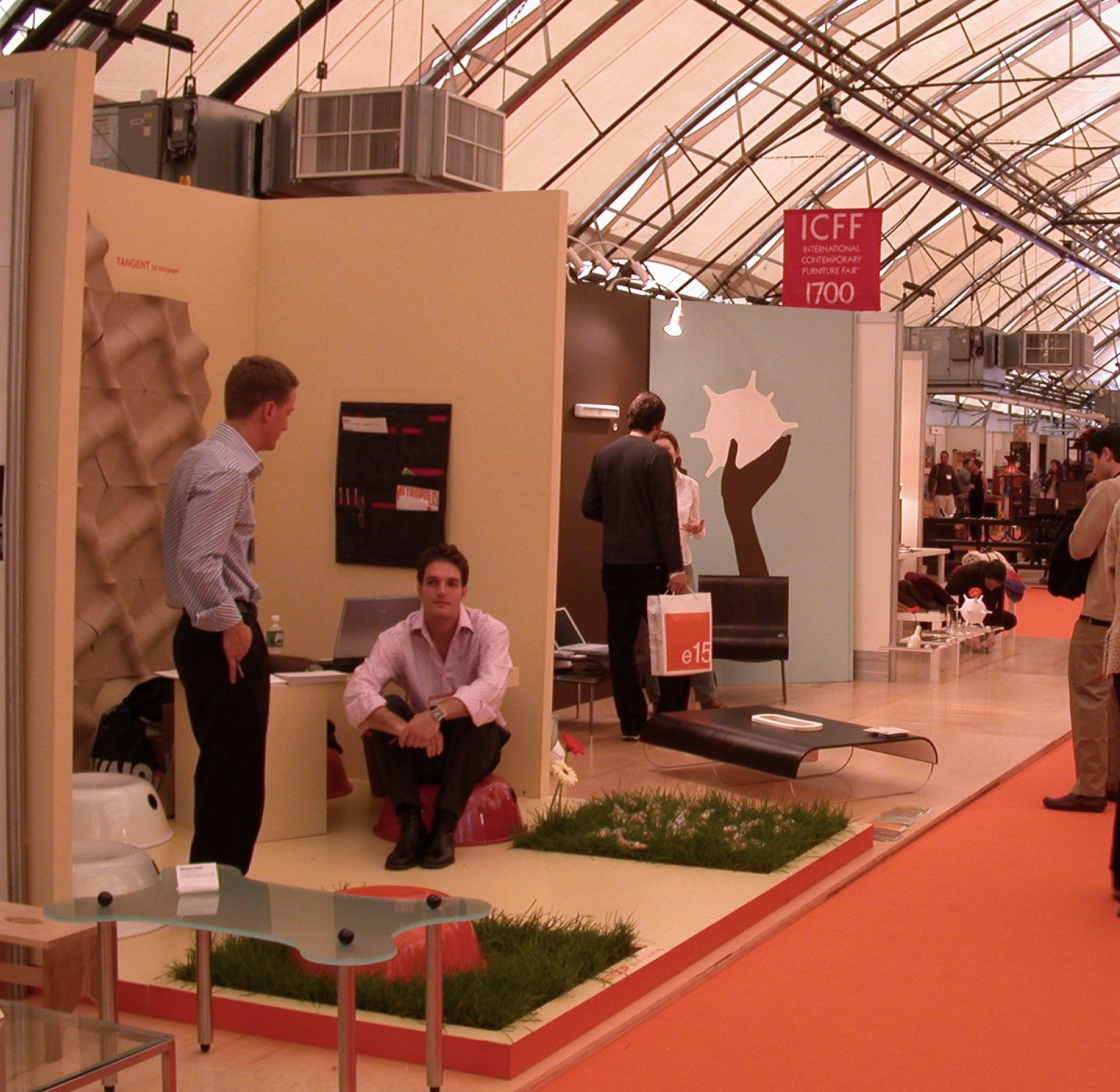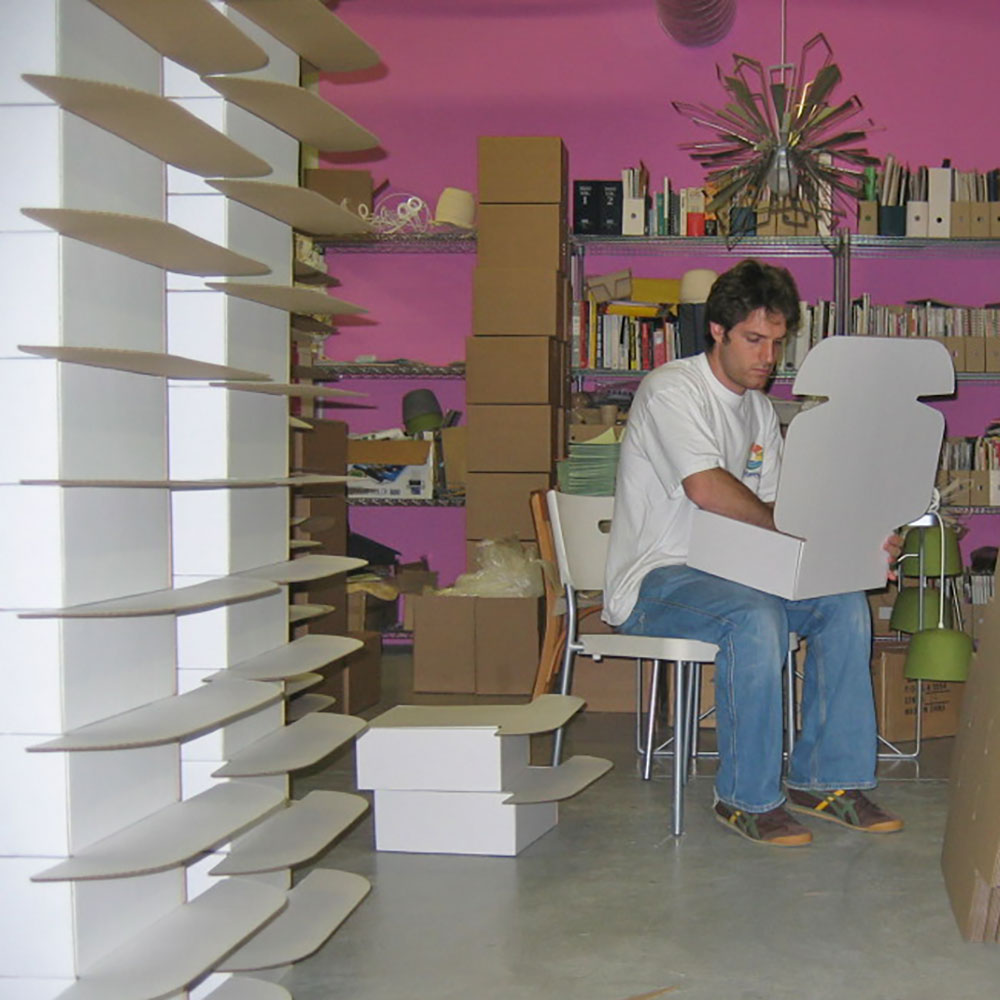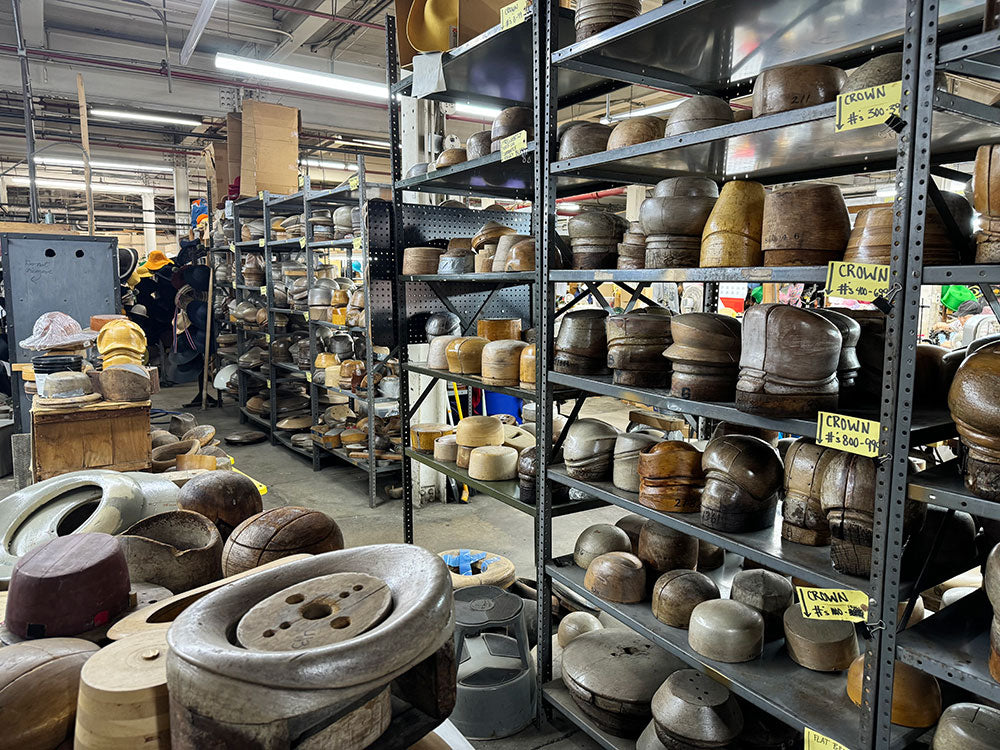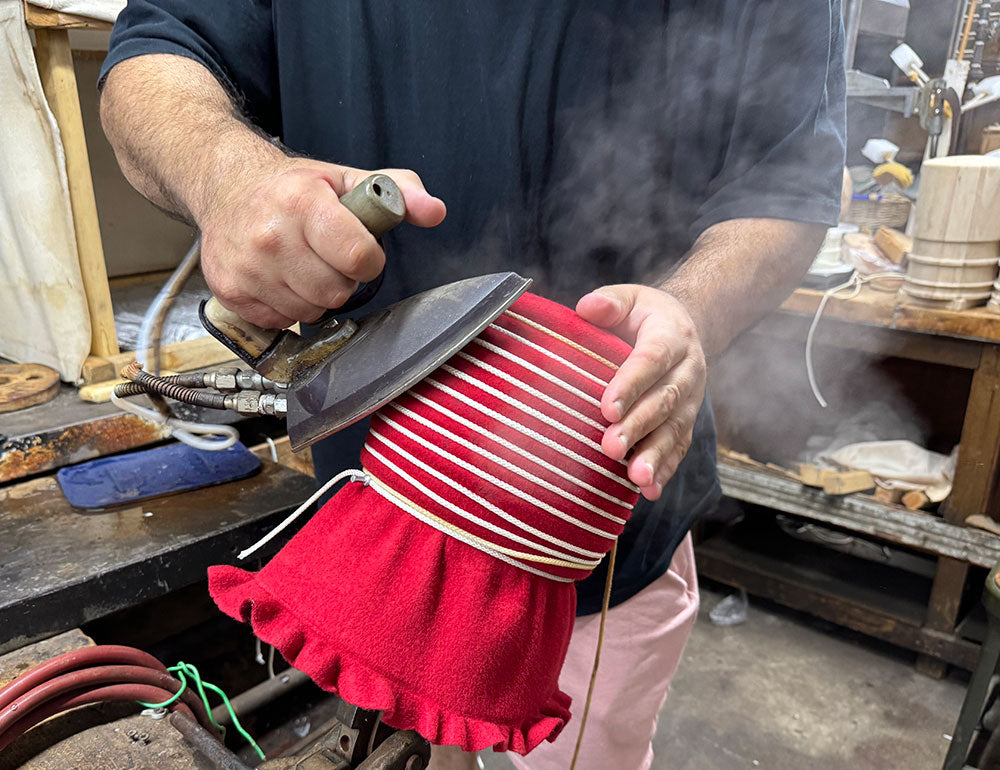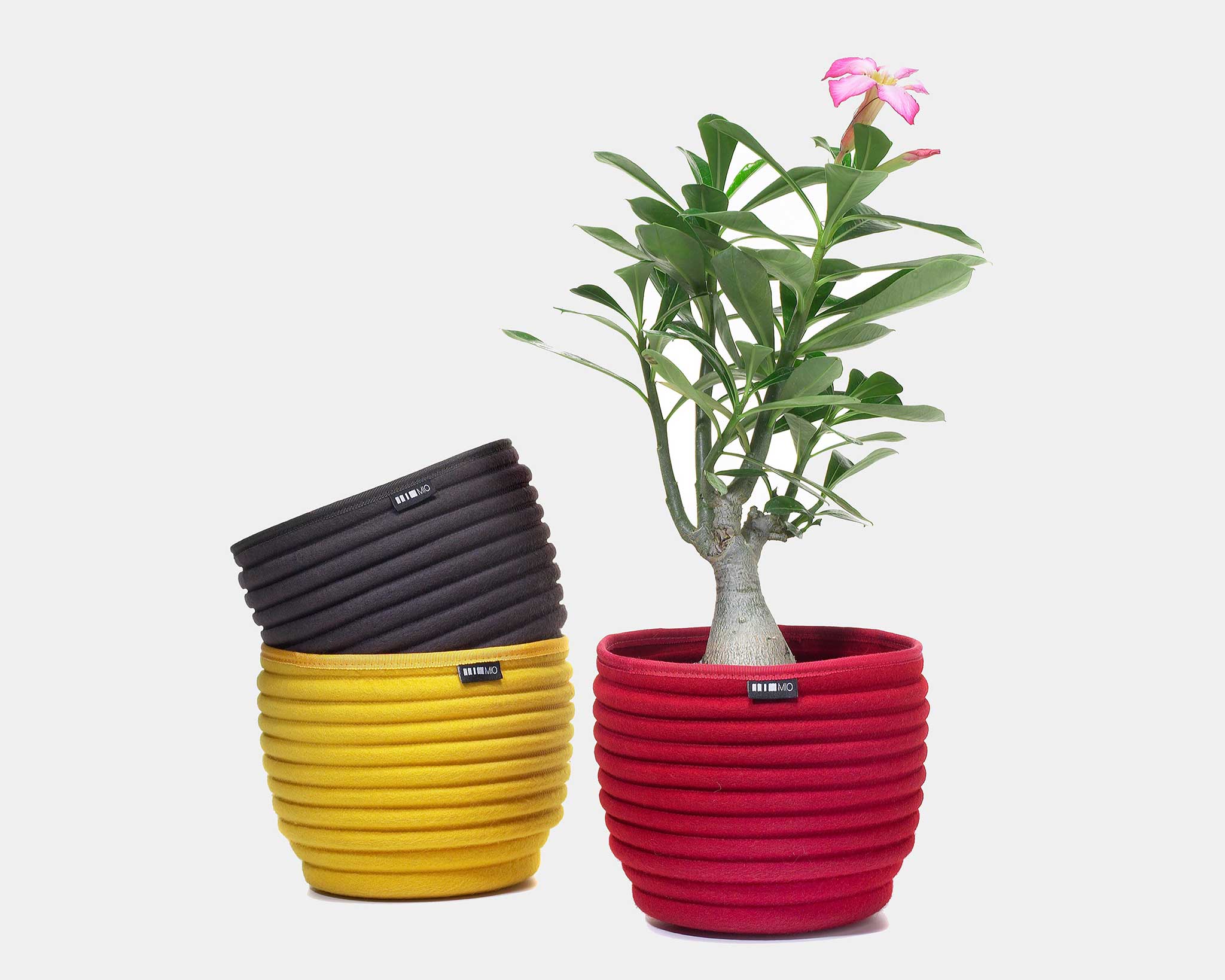Shaping Sustainable Futures Through Design
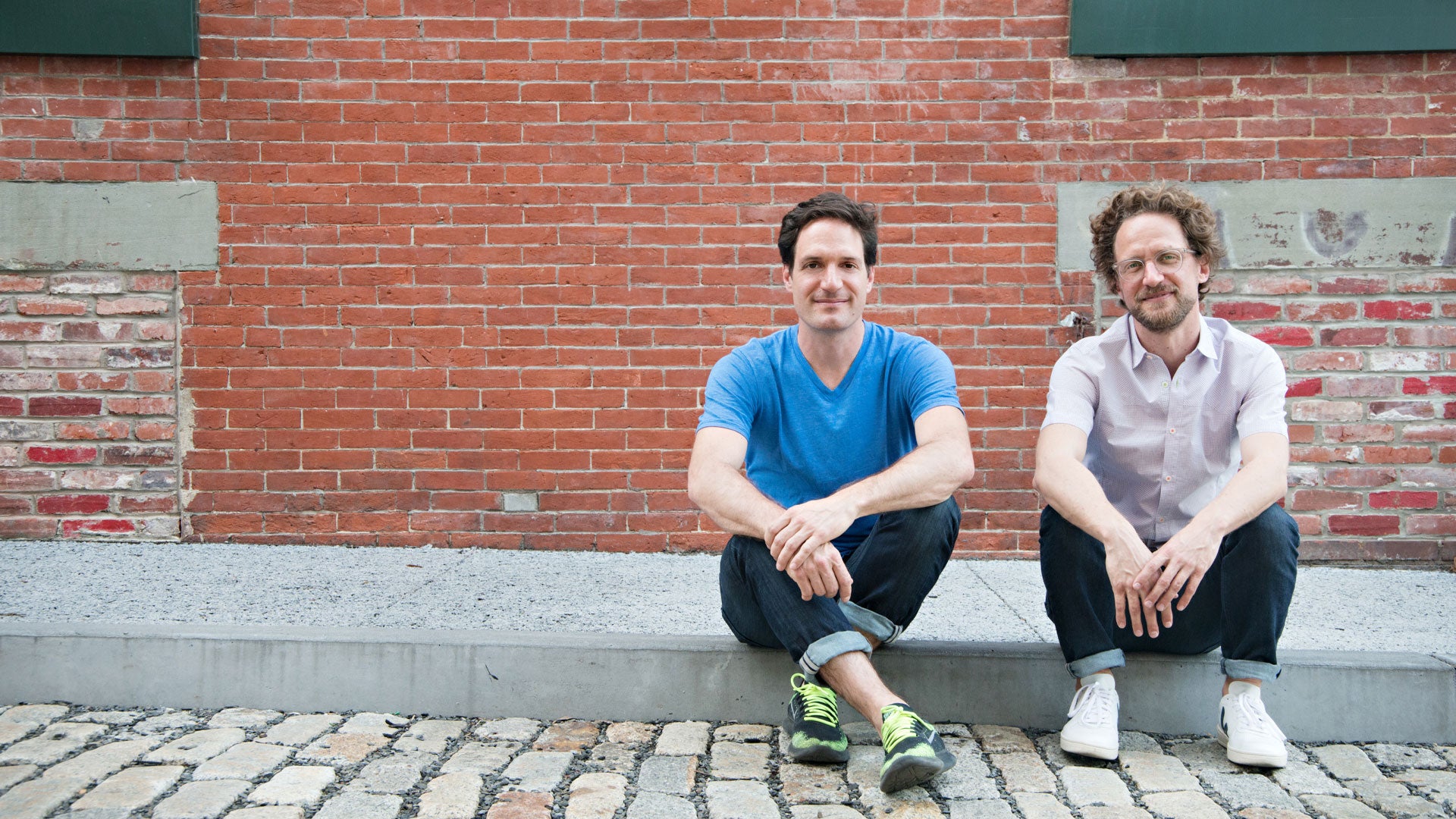
Our Philosophy
At MIO, we see design as a powerful catalyst for change. We’re committed to shifting cultural values towards sustainable and equitable systems, utilizing design, artistry, and science to address complex global challenges and inspire creativity across communities.
Our Journey
From a one-bedroom start-up in 2001 to a trailblazing leader in sustainable design, our journey is a tale of passion, innovation, and resilience.
Discover Our Story
Our Commitments
MIO’s guiding principle, Responsible Desire, makes sustainability something people genuinely want—not out of guilt, but because it enhances their lives. Through good design, eco-efficient manufacturing, and storytelling, we shift perceptions and values, inspiring choices that naturally lead to reduced waste, smarter consumption, and a healthier planet.
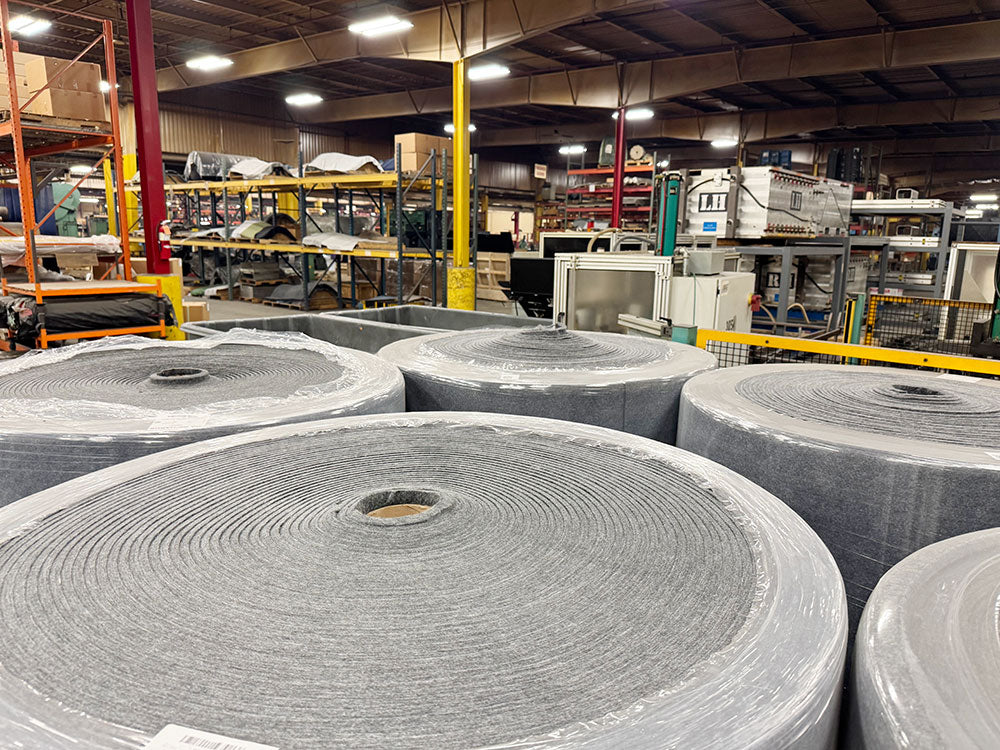
We source with purpose.
Material selection is the foundation of sustainable design. We prioritize mono-materials for easier recyclability and reduced waste contamination while sourcing certified materials like FSC-certified wood products, Red List-free components, and recycled or upcycled resources. Beyond environmental impact, we seek materials with social and ecological benefits, supporting fair labor practices, regenerative production, and waste diversion initiatives. By partnering with manufacturers who share our values, we ensure that every material contributes to a more responsible and sustainable future.
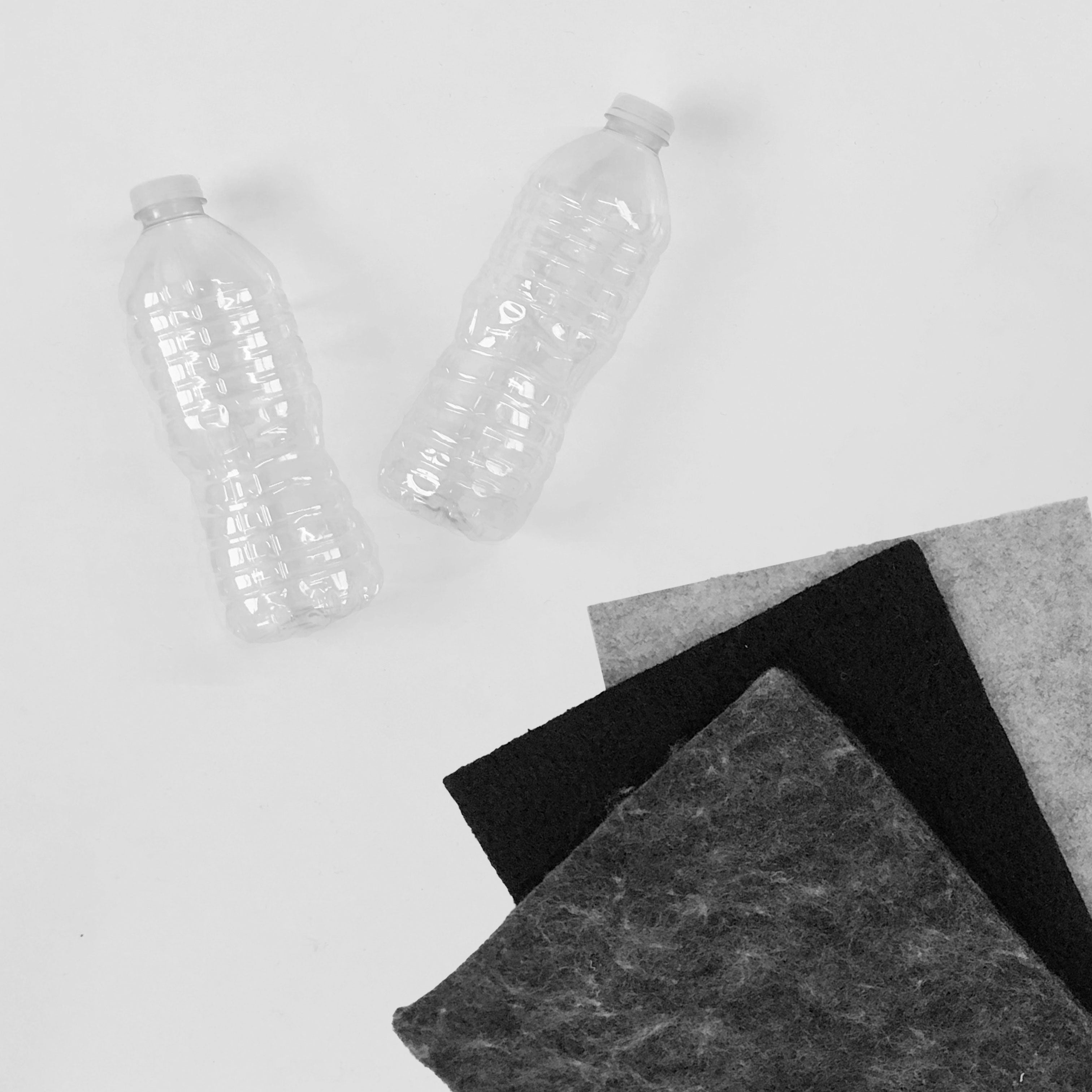
We design for circularity.
Sustainability isn’t just about responsible materials—it’s about designing for longevity, adaptability, and the full product lifecycle. Our products are intentionally crafted to integrate into industrial or natural cycles, ensuring that resources remain in use for as long as possible. We carefully match materials to their use cycles, balancing durability with end-of-life solutions that allow for easy disassembly, reuse, or recycling. By prioritizing modularity and material selection, we create products that not only last but also evolve with changing needs.
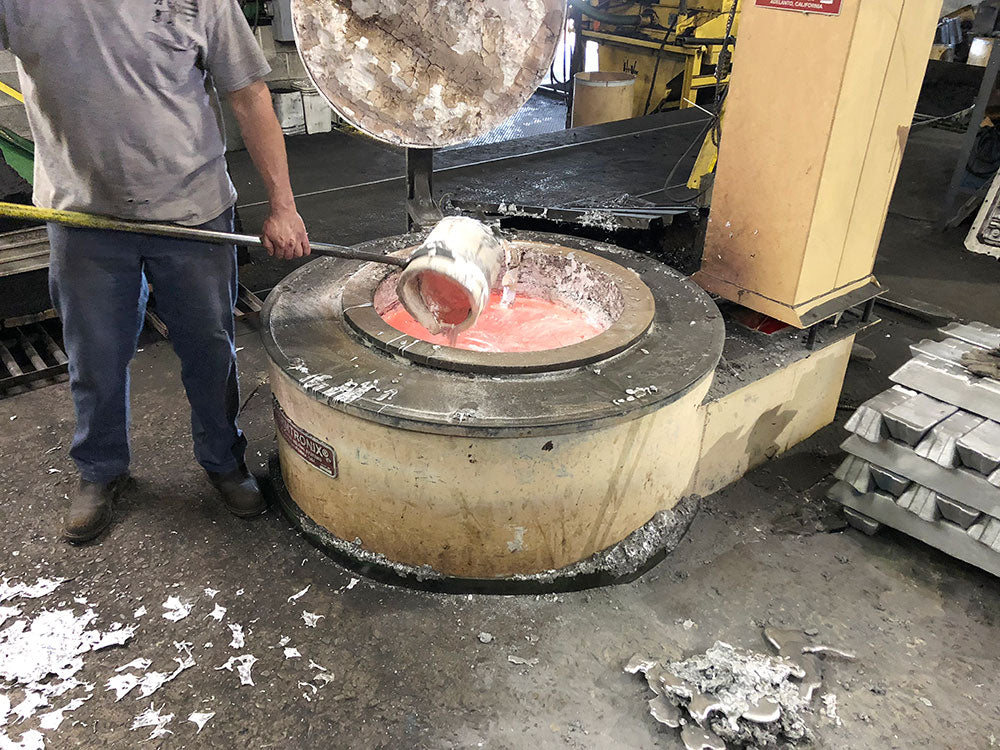
We close the loop.
A circular future is only possible if sustainable choices are accessible and intuitive. That’s why we focus on designing for disassembly, material recovery, and responsible disposal. We make it easier for consumers and businesses to participate in circular systems—whether through recycling, upcycling, or return programs. Sustainability shouldn’t be complicated or costly; it should be a seamless part of everyday life. By designing products with clear, actionable end-of-life solutions, we help bridge the gap between good intentions and real environmental impact.
Our Blog

Buyer’s Guide: How to Choose the Best Classroom Dividers for Your School
Because not all dividers are created equal Why Classroom Dividers Matter: The Sound of Learning Before we discuss materials, budgets or aesthetics, let’s talk about sound. Studies have shown that excessive noise in classrooms can significantly hinder student performance. High noise levels impact comprehension, focus and memory retention, especially for younger students, students with learning differences, and non-native English speakers. The World Health Organization that ambient noise levels in classrooms stay below 35 decibels. Yet in many learning spaces, particularly open-plan or retrofitted classrooms, levels frequently exceed this threshold. This is not just background noise. It’s an environmental barrier to learning. Poor acoustics contribute to lower test scores, increased fatigue and reduced engagement. The right classroom dividers can help control sound, support flexible learning layouts and create zones that promote concentration and collaboration. Not All Dividers Are Created Equal Selecting classroom dividers is not about choosing the most affordable or fastest-shipping option. It’s about identifying products that support your curriculum, your students, and your values. This guide...
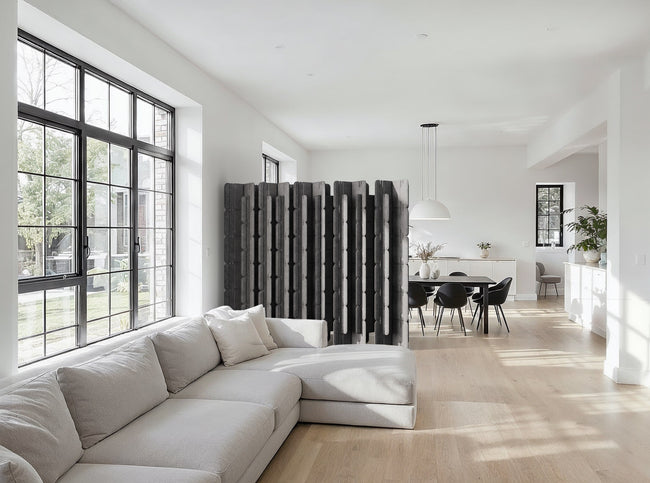
How to Turn One Bedroom into Two – Practical and Legal Tips
Rooms rarely stay what they start as. A bedroom becomes a studio. A nursery becomes a home office. And sometimes, one space needs to become two. That's where modular room dividers or acoustic panels can redefine how you live and work.. Whether you're carving out privacy, creating flexibility, or rethinking how your home works, dividing a single bedroom can be a smart solution. Using a room divider wall or modular partition system can help you transform space affordably and sustainably. The key is knowing your options—what’s temporary, what’s permanent, and what’s required to do it well. Recommended products for this Application [products ids="nomad-system-felt-acoustic-room-dividers, shift-walls-room-dividers"] Room Dividers vs. Permanent Walls: Two Paths to Creating Space Before picking up a tape measure or calling your contractor cousin, it’s important to decide: Is this a permanent renovation or a temporary reconfiguration? Temporary (Modular) Partitions Temporary installations allow you to reimagine space without permanently altering your home. They’re renter-friendly, often tool-free, and beautifully flexible. This route works especially well if your needs might...
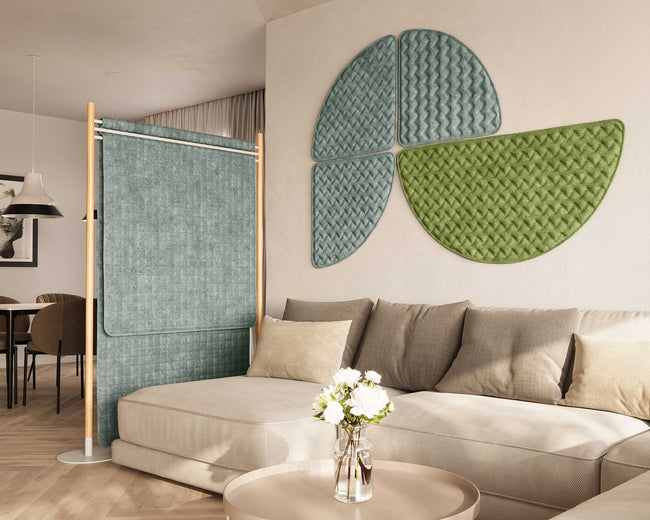
Temporary Wall Systems for Homeowners: What You Need to Know
Why contract-thinking and creative flexibility are shaping the future of the home. At MIO, we’ve always believed that great design starts with asking better questions. Like: what if walls could be rethought as tools? What if separation didn’t have to mean permanence? And what if the systems we use in offices, hotels, and public spaces (contract-grade, modular, designed for adaptability) were reimagined for the home? What if a simple modular room divider could redefine how a home feels? Today, we’re living in fluid spaces. Homes have become multi-use environments, working double and triple duty as offices, schools, meditation zones, podcasts studios and nap nests. It’s no longer a luxury to have temporary wall systems, it’s a creative necessity. From acoustic room dividers to modular wall panels, flexible design is changing how we live. Recommended products for this Application [products ids="nomad-system-felt-acoustic-room-dividers, hangout-acoustic-room-divider-single-quilt-copy"] Types of Room Dividers for Homeowners Beyond the Static Wall: A New Landscape of Division Temporary wall systems come in all shapes and setups. But they’re all rooted in...

Get Cultured
Sign up to our newsletter to receive information on product launches, news & events and get 10% Discount + Free Shipping.

